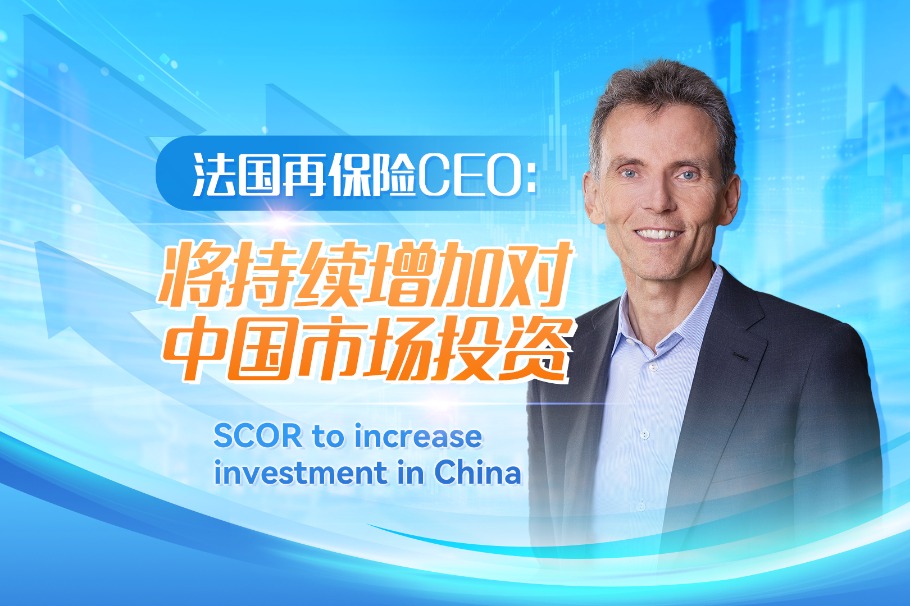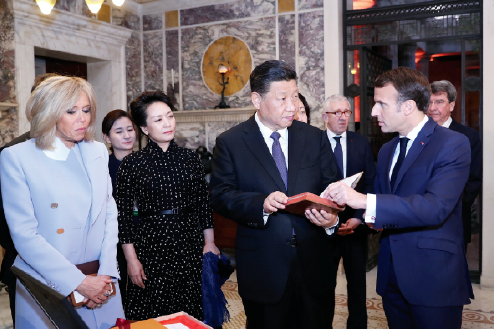Health and vaccine inequity failures of 2021, said WHO chief
By Bo Leung in London | chinadaily.com.cn | Updated: 2022-01-07 03:12

Vaccine inequity and wider health inequity were the biggest failures of last year, the head of the World Health Organization has said.
In the first COVID-19 media briefing of 2022, the director-general of the World Health Organization, or WHO, Tedros Adhanom Ghebreyesus, criticized vaccine inequity, saying it is a killer of people and jobs, and undermines the global economic recovery.
"While some countries have had enough personal protective equipment, tests and vaccines to stockpile throughout this pandemic, many countries do not have enough to meet basic baseline needs or modest targets, which no rich country would have been satisfied with," he said.
"Alpha, Beta, Delta, Gamma and Omicron reflect that in part because of low vaccination rates, we've created the perfect conditions for the emergence of virus variants."
As of Jan 2, the WHO reported nearly 289 million cases and more than 5.4 million deaths globally.
Tedros warned that while Omicron appears to be less severe compared to the Delta variant, especially for those who are vaccinated, it should not be categorized as mild.
"Just like previous variants, Omicron is hospitalizing people and it is killing people," he said. "In fact, the tsunami of cases is so huge and quick that it is overwhelming health systems around the world."
The WHO wants to see countries immunize 70 percent of their populations by the middle of 2022.
Tedros pointed out that at the current pace of vaccine rollout, 109 countries will miss out on vaccinating 70 percent of their populations by the start of July 2022.
"The essence of the disparity is that some countries are moving toward vaccinating citizens a fourth time, while others haven't even had enough regular supply to vaccinate their health workers and those at most risk," Tedros said.
He added that the small number of countries offering boosters will not end the pandemic "while billions remain completely unprotected".
Tedros said a few countries have provided a blueprint for how high-quality vaccines and other health tools can be mass-produced quickly, and distributed effectively.
"WHO will continue to invest in vaccine manufacturing hubs and work with any and all manufacturers who are willing to share know-how, technology and licenses," he said.
"I'm encouraged by some of the vaccines currently going through trial where innovators have already committed to waiving patents and sharing licenses, technology and know-how."
























